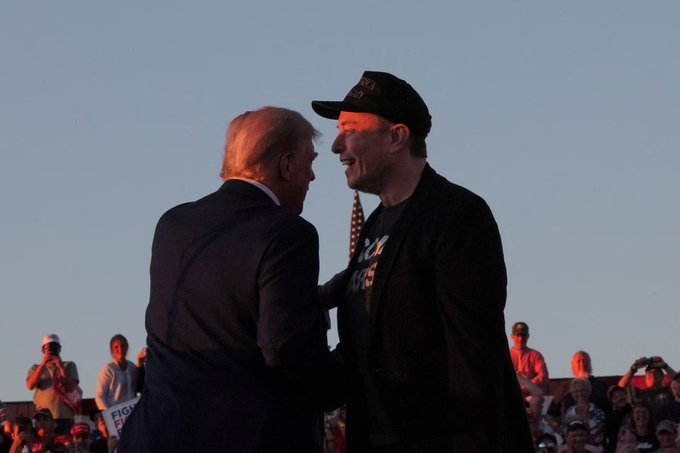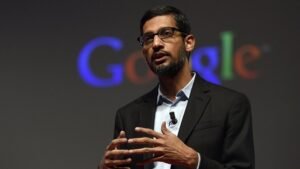
The Changing Landscape of Defense Spending
As Elon Musk dives into Pentagon reform, he is reshaping the narrative around defense spending in the United States.
The billionaire entrepreneur’s focus on enhancing efficiency aligns with Donald Trump’s government efficiency plan.
This shift is stirring concerns among traditional contractors like Boeing and Lockheed Martin, who are accustomed to lucrative contracts that often exceed billions of dollars.
Embracing Innovation in Defense
Musk’s approach advocates for the integration of smarter, more cost-effective technologies such as AI drones and autonomous submarines.
This direction marks a significant departure from the extensive expenditures associated with established programs, like the F-35 fighter jet.
As a result, smaller defense companies, including Palantir and Anduril, are eagerly positioning themselves to capitalize on the approximately $850 billion defense budget.
The Old Guard’s Challenge
For decades, only about 1% of Pentagon funds have been allocated to new programs.
With Congress reluctant to jeopardize the job stability tied to longstanding contracts, a sharing of resources may become inevitable.
Notably, Palantir’s recent partnership with Booz Allen to develop AI applications for defense indicates that innovation could dictate future procurement strategies.
This emerging dynamic suggests that traditional defense contractors may need to adapt or risk losing their market dominance.





